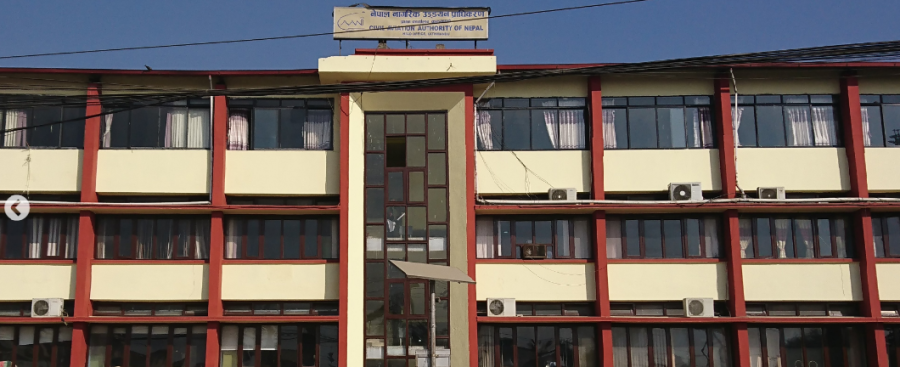Money
Airlines operators’ members offloaded from civil aviation board
The new board should induct members possessing special qualification on the aviation sector and should have at least one female member
Sangam Prasain
The Cabinet on Thursday approved the Tourism Ministry proposal to this effect.
The draft of the Civil Aviation Bill, which envisages splitting the authority into regulator and service provider, has also proposed that the board of the civil aviation regulator should not include representatives of airlines.
The draft bill, which is currently being discussed at the Cabinet’s legislation committee, however, has recommended including airlines representatives on the board of another organization that will function as a service provider.
Currently, the eight-member board of the Civil Aviation Authority of Nepal consists of two representatives from airlines, one from the tourism industry and an aviation expert. The board chaired by tourism minister has two joint-secretaries from the Finance and Tourism ministries as ex-officio members and the director-general of the Civil Aviation Authority of Nepal is the member secretary of the board.
“The government will now appoint two representatives ‘possessing special qualifications on the aviation sector’ as the board members. The board should have at least one female member,” said government spokesperson and Minister for Communications and Information Technology Gokul Baskota at the weekly press briefing on Thursday.
“We all know that Nepal’s aviation safety has been questioned,” he told the press meet. The concerned authority has raised the issues that monitoring agency [regulator] and service provider cannot perform from the same office, he said, adding that the government is in the process of separating the civil aviation body into two entities to end the conflict of interest.
“It’s an initial preparation of the reform of the country’s civil aviation body. Offloading representatives of airlines operators from the regulator’s board is a kind of message we want to share that we are on the track of institutional reform,” said Rajan Pokhrel, director-general of the Civil Aviation Authority of Nepal.
“If this issue can be resolved immediately, why should we wait until the law is enacted,” he said, adding that the new provision will end the conflict of interest between the operators and the regulator.
The government has been working on the proposed legislation for the last 10 years, but it has been plagued by bureaucracy at every step.
Following pressure from several global aviation watchdogs, the Cabinet gave the go-ahead to the Tourism Ministry last July to draft two separate aviation bills to break up the Civil Aviation Authority of Nepal.
Due to the delay in passing the legislation, several international aviation safety agencies have even slammed Nepal’s poor progress in ensuring air safety.
The legislation envisages integrating previous acts to eliminate conflicts and contradictions at the Civil Aviation Authority of Nepal, which is currently functioning as both regulator and service provider from the same office, and there is no clear demarcation between its duties and organisational structure.
The proposed law is expected to replace two existing acts, the Civil Aviation Act 1959 and the Nepal Civil Aviation Authority Act 1996.




 20.12°C Kathmandu
20.12°C Kathmandu














